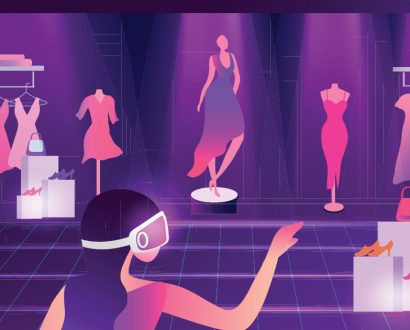Google Home now sits on my kitchen bench alongside my kettle. She is the newest member of our household and likes to tell me what the weather is going to be like, what’s in the news. She also plays music, writes shopping lists, and helps with the kids’ homework (particularly spelling and maths).
But I’m not the only one who is embracing this new voice technology.
Data released by Sharpest Edge: Digital Assistants 2018 reports that 51% of 35 to 49-year-olds and a huge 62% of under 16-year-olds are already using digital assistants. Voice is becoming the new black.
So what does this mean for our lives, and more importantly, how will it impact the way we run our business?
Pros and cons
I picked Google over Amazon Echo mainly because I’ve heard the reports of search and shopping requests defaulting to Amazon products, with simple things like batteries and baby wipes topping the charts. As a consumer I see this as an advantage – less choice makes life easier – but as a business, it is concerning.
Having an Amazon product that only promotes its own products means there will be even less competition out there. So other companies will only be able to sell through Google, leaving a large portion of the market unattainable.
Data privacy is dead. It’s gone. I’m mostly OK with that, as it makes life easier. But I do worry when I wonder, when do these devices stop listening? Is it after they have answered your requests, or do they carry on listening and collecting data? As consumers, should we unplug them? Where is the line for both consumer and business?
Leveraging learning
However, I also see benefits to consumers and businesses alike with an emerging market of apps (like Alexa Skills and Google Actions) that help fast-track learning.
At home now, we are not bound to reading books on screens. We’ve moved on from just audiobooks and podcasts to using smart speakers in our environments to help us.
That means the demand for short-form training and education tools via these apps will increase and become more popular. Think lifestyle-curated content based on your preferences, giving us fast, up-to-date information and education in bite-size segments, as well as quick searches for information, data and location-based services.
Above all else, it’s about finding what makes our lives easier, what makes us smarter and more efficient. So the opportunity for us as CEOs is to ensure we embrace that and cater to those needs for our employees, as well as our customers.







